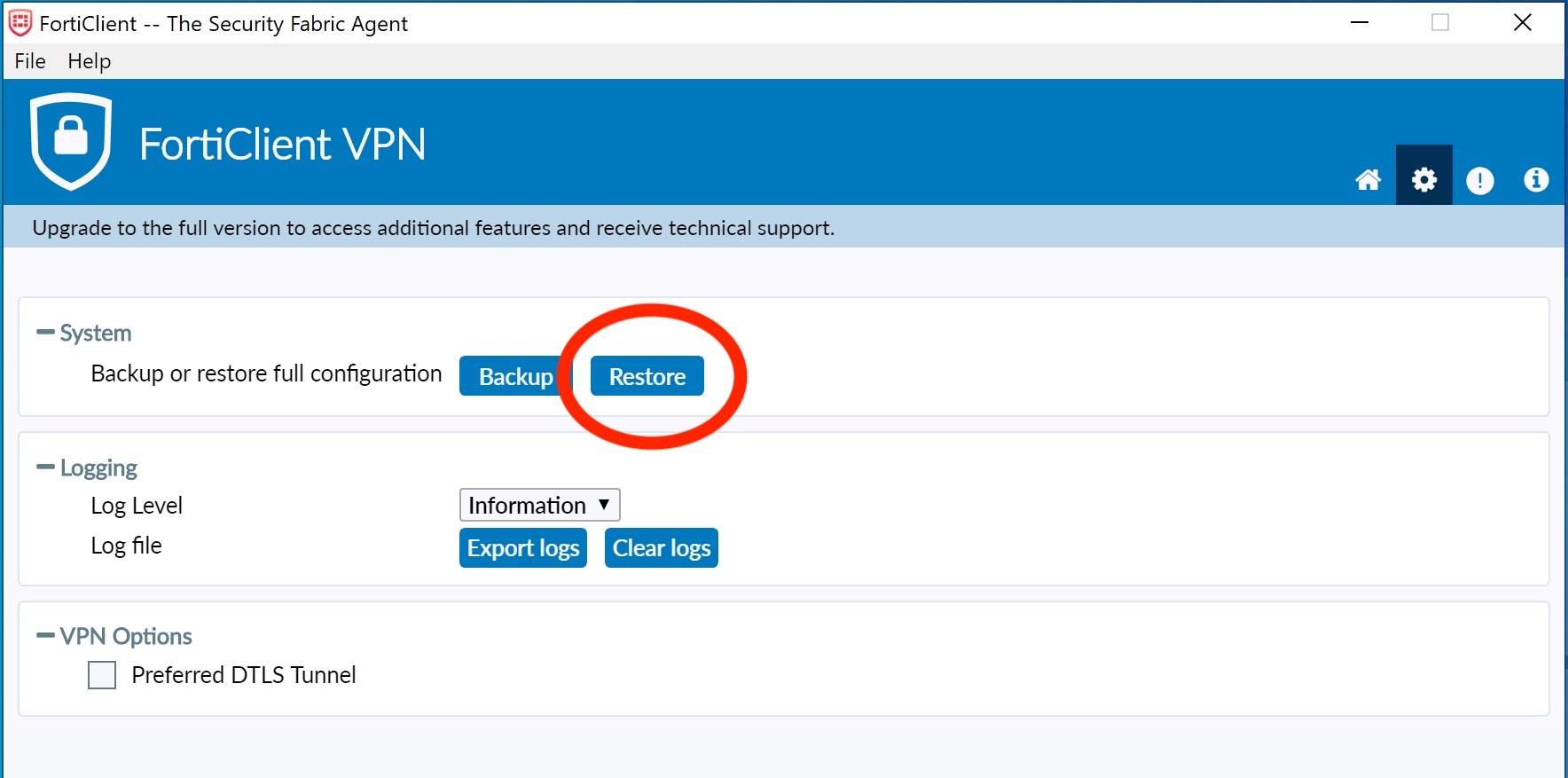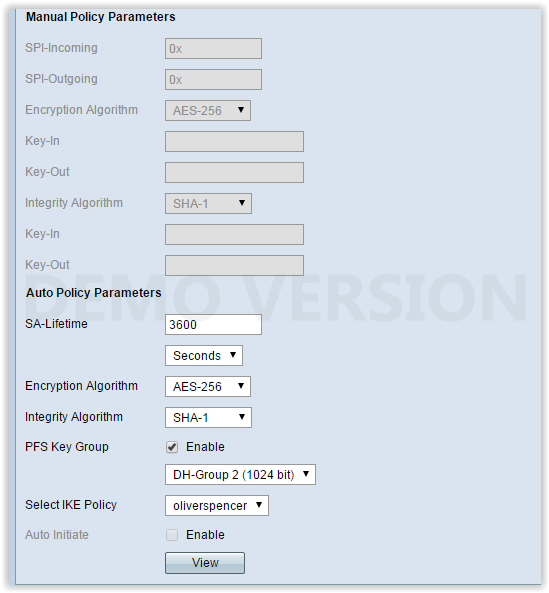


Further details of checks are given here. This hasn’t been updated for more than a year, and Macs which have never had Catalina or earlier installed normally have the very old version 94, indicating this database is no longer used in macOS 10.15 and later.
#IPSECURITAS BIG SUR CODE#
This is an SQLite database on the Data volume in /private/var/db/gkopaque.bundle/Contents/Resources/gkopaque.db which is now believed to provide whitelists for Gatekeeper’s security system, which checks the code signatures of apps. Latest version: 181, but can instead be 94. Gatekeeper Configuration Data (GK Opaque) Although this is still included in macOS Big Sur when installed on Intel Macs with T2 chips, and on Apple Silicon Macs, as eficheck can’t be used on them, it is functionless on those models.

Introduced in High Sierra, as detailed here. Stored in /usr/libexec/firmwarecheckers/eficheck/EFIAllowListShipping.bundle and used by the eficheck tool for its weekly EFI firmware checks. This is firmlinked to /System/Library/CoreServices/CoreTypes.bundle on the System volume, which contains much more data.Ī bundle containing files listing all the allowed versions (and signatures?) of EFI firmware for Intel Macs without T2 chips. This is a bundle on the Data volume at Library/Apple/System/Library/CoreServices/CoreTypes.bundle, which contains two links to the current XProtect data files and ist. Latest version: no number (System bundle version 517). This is a bundle on the Data volume at Library/Apple/Library/Bundles/CompatibilityNotificationData.bundle which contains ist, listing version ranges of third-party products which will be notified as being (in)compatible. Initially these run alonside MRT, but are expected to replace it once they have been proven. Executables include an eventual replacement for MRT, and several specialised tools for specific malware types. This was first installed with macOS 12.3, then version 62 was pushed to Catalina, Big Sur, Monterey and Ventura on 17 June 2022. This contains a suite of specialised malware detection and remediation tools, in the app XProtect.app on the Data volume at /Library/Apple/System/Library/CoreServices. This is linked to from the System volume via a symbolic link at /System/Library/CoreServices, and normally updated every 2 weeks. New with Catalina was the SQLite database file named gk.db in its resources, whose purpose is unknown, and a large list of cdhashes in ist, which presumably allows code with those cdhashes to use legacy entitlements. They go into the bundle on the Data volume at Library/Apple/System/Library/CoreServices/XProtect.bundle, in the files Contents/Resources/, Contents/Resources/ist and Contents/Resources/XProtect.yara. These are the whitelists and blacklists used by XProtect, as detailed here. This is a bundle on the Data volume at Library/Apple/Library/Bundles/TCC_Compatibility.bundle which contains ist, which appears to be a global whitelist pushed by Apple for privacy overrides whenever TCC starts up. This is normally updated every 2-6 weeks. It doesn’t use a separate data file, instead embedding its details with the executable code. This is Apple’s Malware Removal Tool stored on the Data volume at Library/Apple/System/Library/CoreServices/MRT.app, so that it can remove any malware which macOS detects. This is a very long list of kernel extensions which are to be treated as exceptions to Big Sur’s security rules, and is stored on the Data volume in Library/Apple/System/Library/Extensions/AppleKextExcludeList.kext, at Contents/Resources/ist. As Apple doesn’t document any of them beyond mentioning their existence and simplified role, the information given is the best that I can find currently. This article details each of the main security data files found in macOS 11 Big Sur, together with others involved in related system functions. Currently, those most frequently updated are XProtect data files and MRT, which are generally pushed out on a 2 week cycle, although MRT isn’t always updated alongside XProtect.

MacOS Big Sur brings only small changes from those in Catalina, which saw a major reorganisation to cater for the new Volume Group. Most of these updates are pushed silently by Apple, unannounced, and you aren’t even sent a notification when they’ve been updated.
#IPSECURITAS BIG SUR FULL#
Each of the main security services in macOS, like XProtect and MRT, relies on data which is commonly stored in separate files on the Data volume so that it can be updated easily outside of full macOS system updates.


 0 kommentar(er)
0 kommentar(er)
